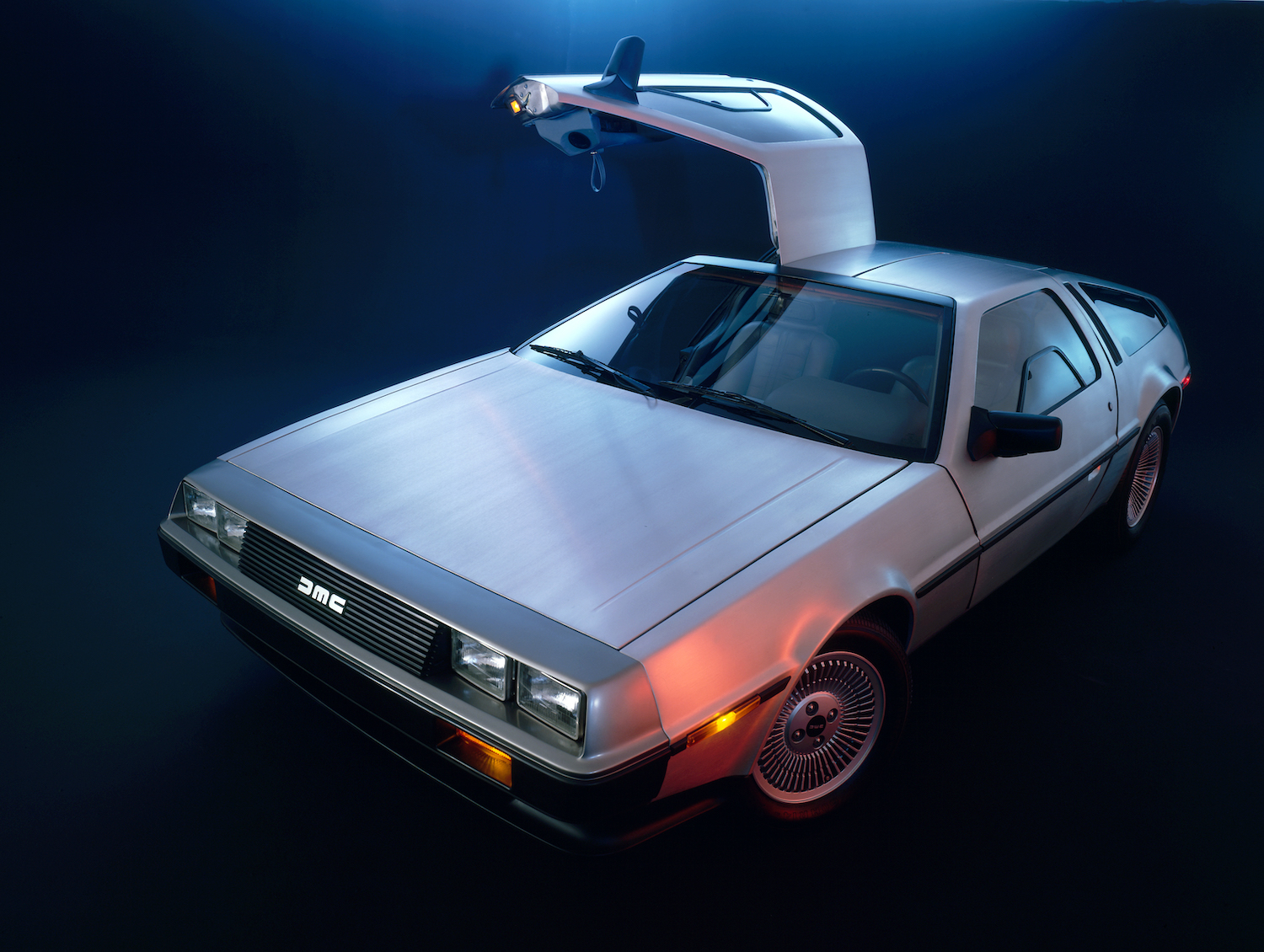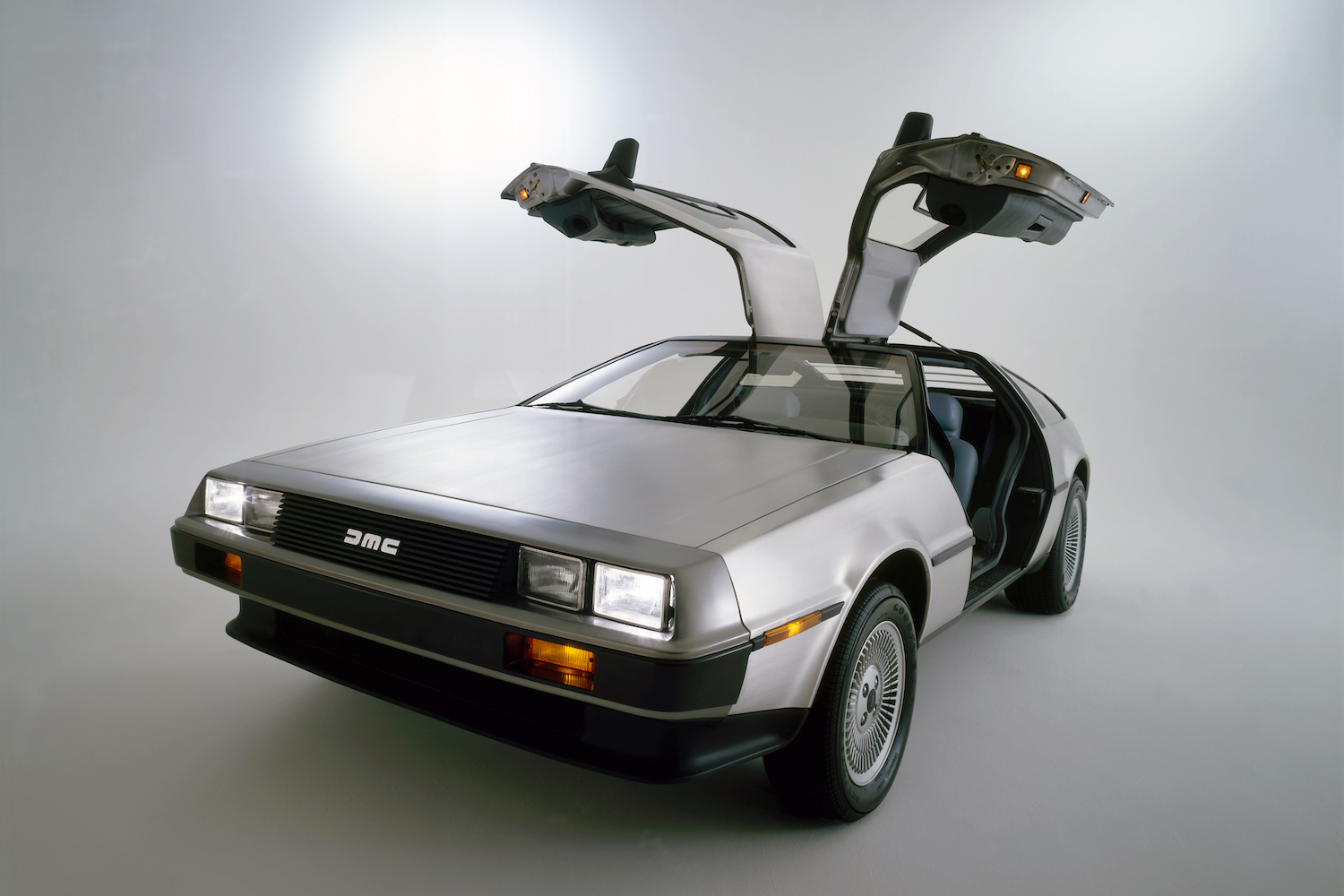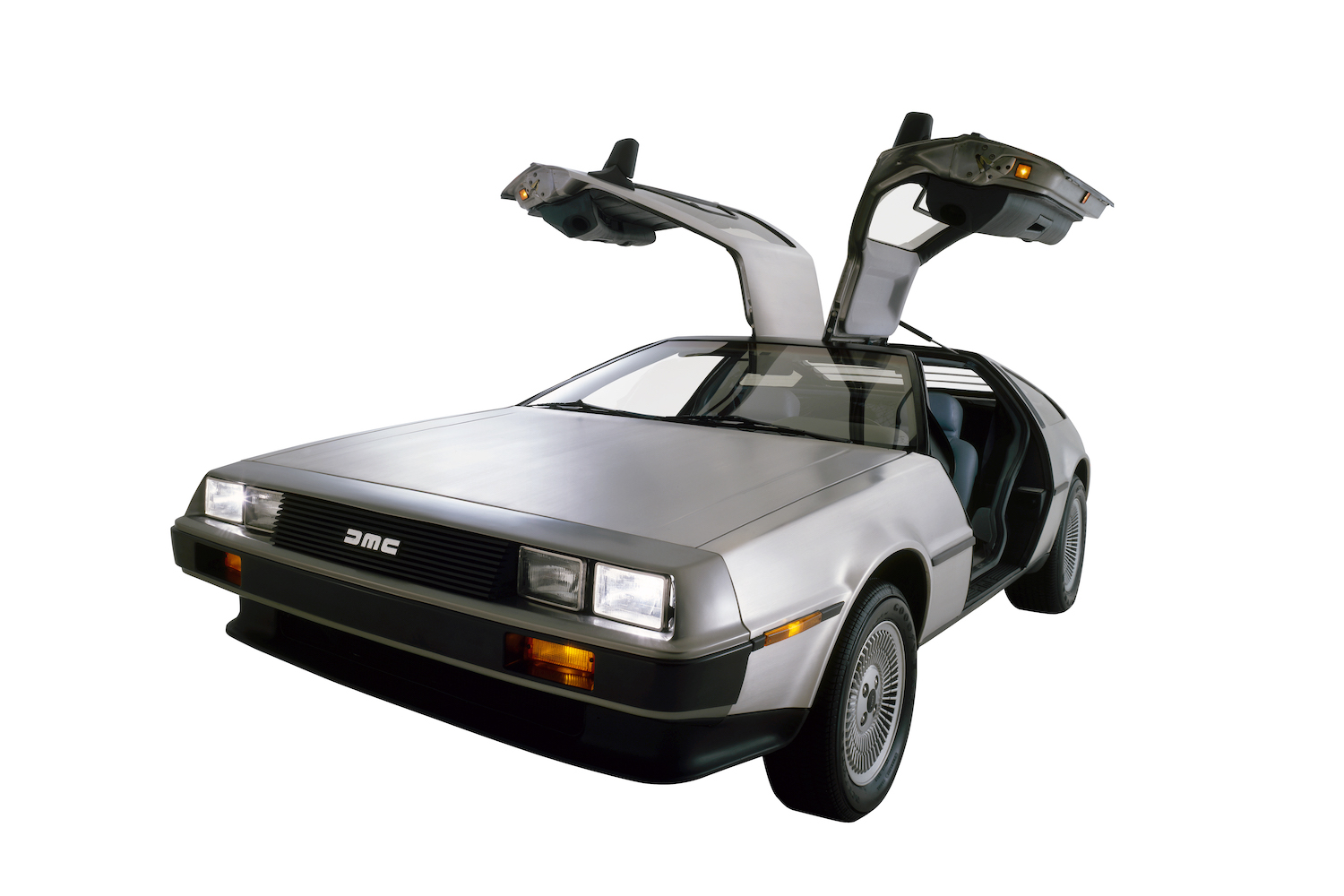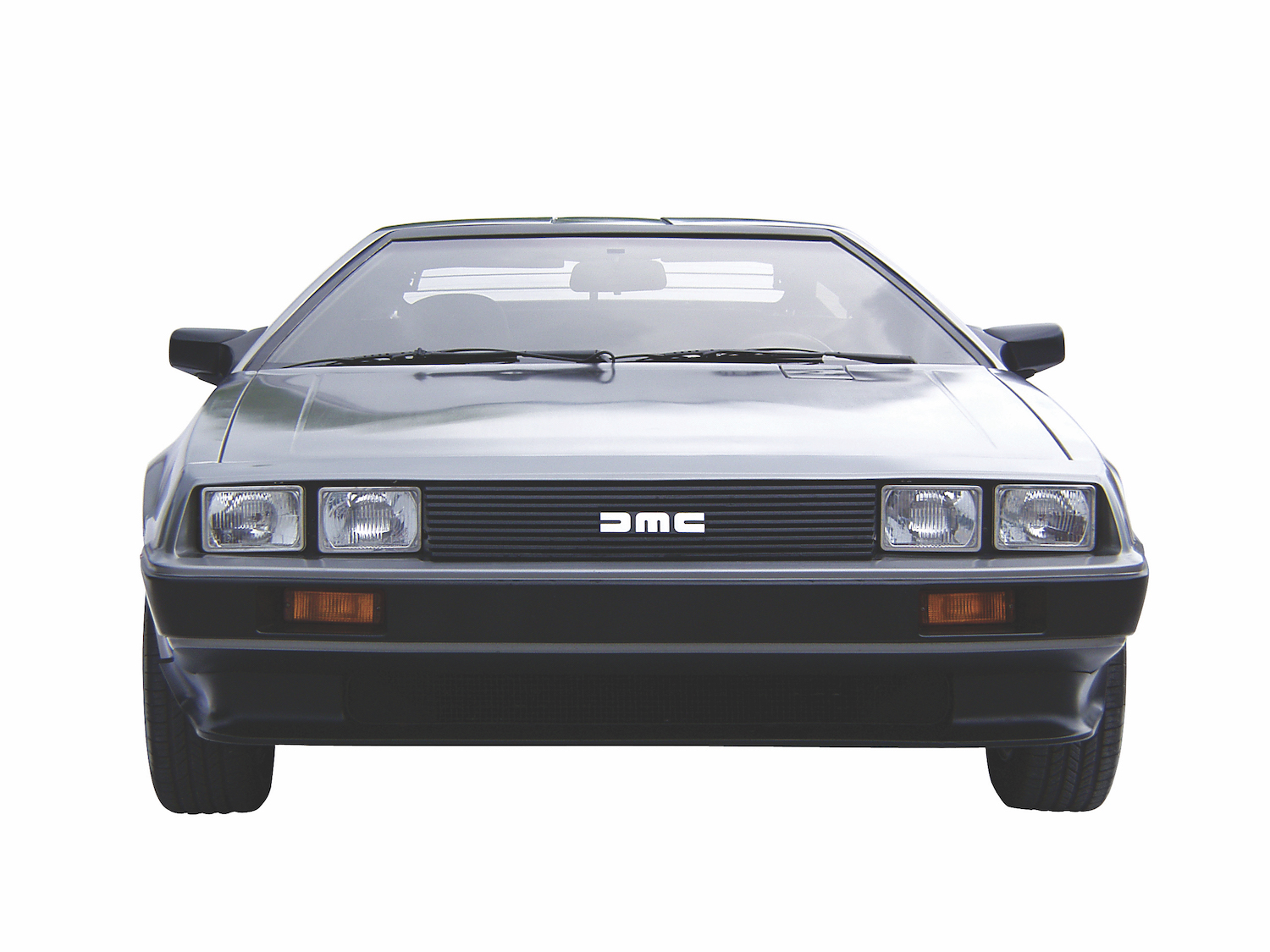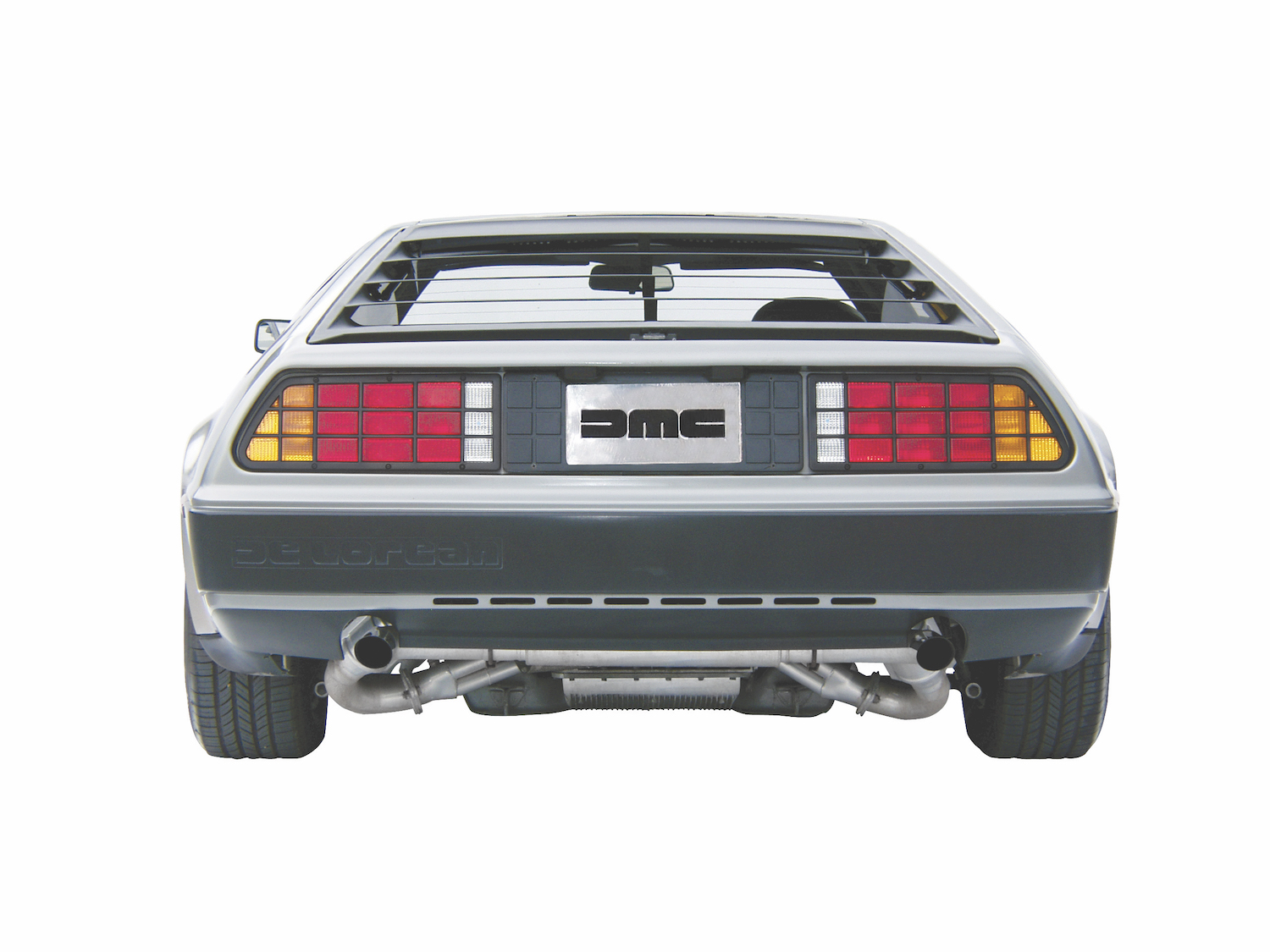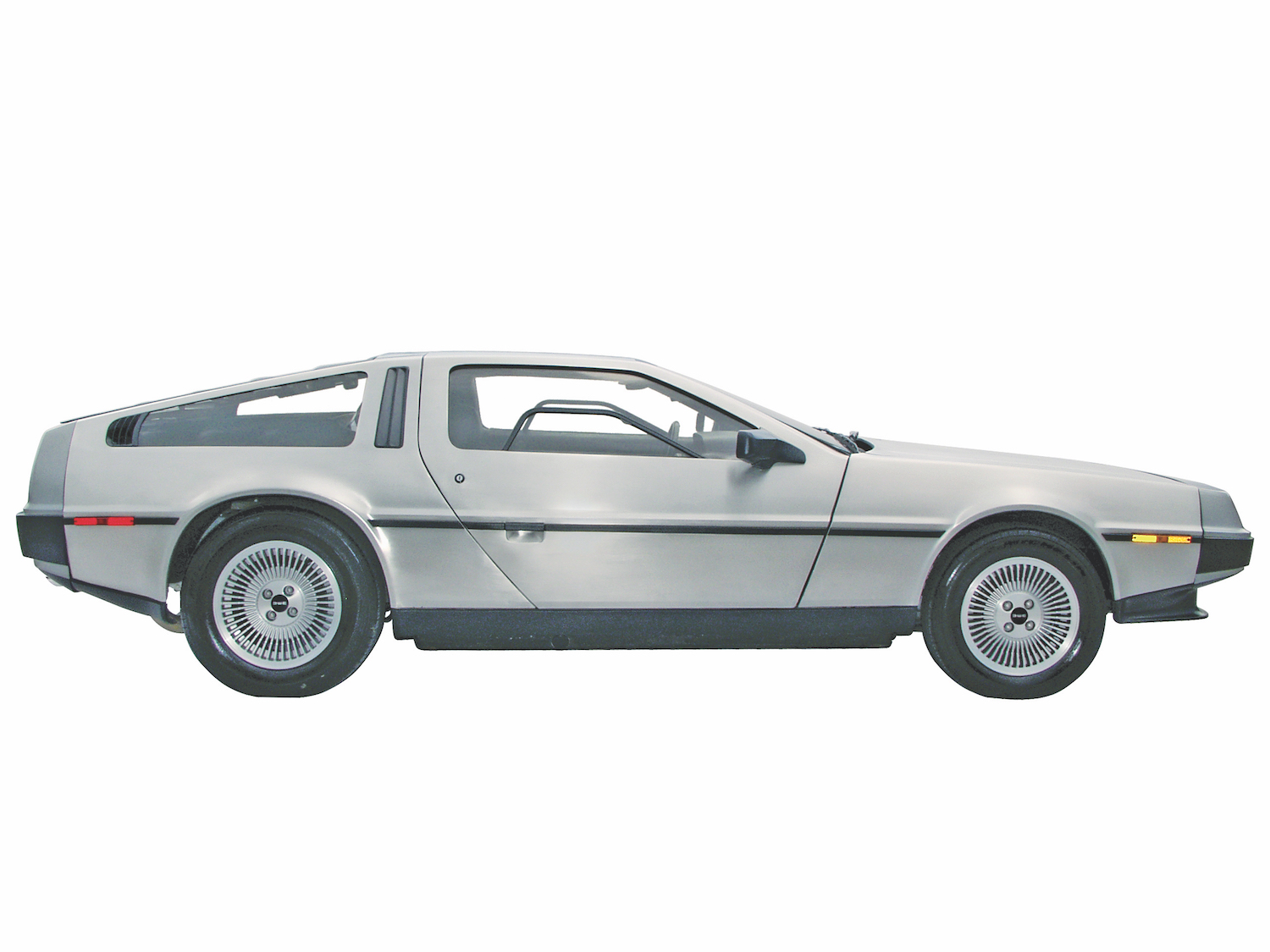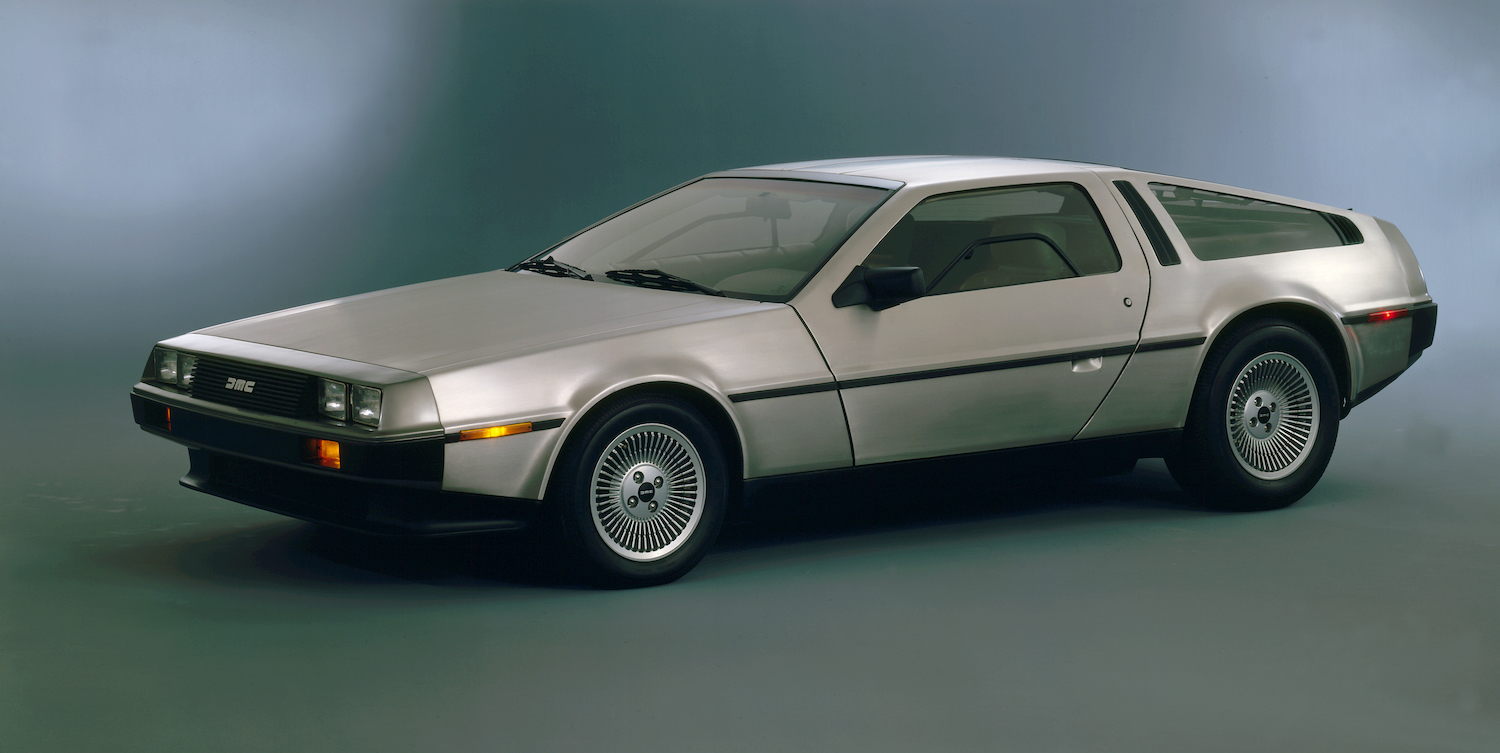Media | Articles
DeLorean confirms plans to produce “new” DMC-12s
Now that SEMA’s lawsuit has prompted the feds to finally issue regulations stemming from the 2015 Low Volume Motor Vehicle Manufacturers Act, it’s back to the future for DeLorean… again. James Espey, vice president of DeLorean Motor Company, confirmed to Hagerty that plans are underway to prepare for limited production of a new, much-upgraded version of the classic stainless steel, gullwing coupe.
If this sounds like déjà vu all over again, it’s because the new DeLoreans were originally planned for 2016, a year after the Low Volume Motor Vehicle Manufacturers Act was signed into law. Obviously, that did not happen according to the expected timeframe.
The National Highway Traffic Safety Administration was charged with implementing the Act, but any work toward implementing the regulations stalled after the 2016 presidential election. DeLorean’s plans, and those of other low-volume makers, screeched to a halt. One problem, Espey explains, was that NHTSA hasn’t had a permanent administrator since the previous presidential election, and the acting administrator would not sign off on the regulations. In addition, old cars became a low priority for an agency dealing with the rise of autonomous driving tech and the Takata airbag recall.
Espey credits the SEMA lawsuit with prodding NHTSA to release the Low Volume Manufacturer regulations. He suggests that the 120-page document had probably been close to release for some time.
The waiting is the hardest part
Marketplace
Buy and sell classics with confidence
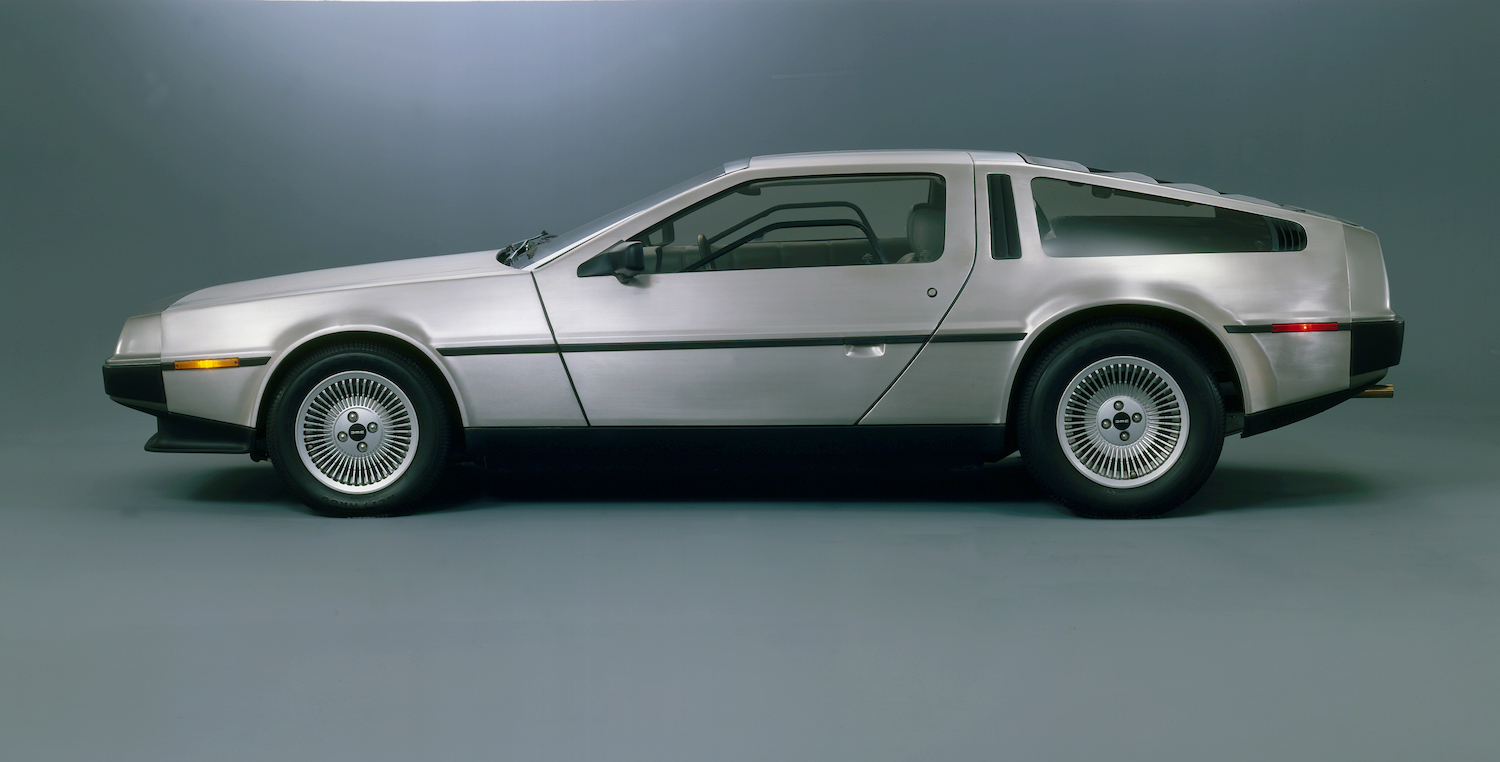
The new DeLoreans should be worth the wait. Built from a mix of new-old-stock (NOS) and brand-new parts, the cars could get a 350-horsepower engine and an upgraded interior with modern audio and connectivity. Espey says the bodies will conform closely to the 1981–83 originals, albeit with modern headlights.
Although the Low Volume Manufacturer law allows a company to make 325 cars per year, Espey says that this upcoming run of DeLoreans will be lower-volume than that—perhaps one or two per week. However, DMC is not taking orders yet, and production will ultimately depend on several factors.
“There will be no cars produced under this legislation for at least a year, and that’s presuming the feds do their job this time and don’t drag it out for four more years,” says Espey.
He has reviewed the NHTSA documentation and says he does not see any “big surprises.” A 30-day public comment period comes next. Following that, the Office of Management and Budget (OMB) will need to review the document and calculate the time and effort needed for applicants to complete it. That, Espey says, could take six months.
“SEMA is not asking the court to dismiss the lawsuit until NHTSA carries through,” Espey says.
There are still some question marks, he adds, such as whether NHTSA will get an administrator before the next election, whether that person will keep this project moving, and what will happen after the 2020 election.
In addition to DeLorean, low-volume companies including Superformance, Revology, and Icon could benefit from a positive outcome.
Better than new

DMC, based in Humble, Texas, was started by Stephen Wynne in 1995 to service and restore DeLoreans. Born in Liverpool, England and a mechanic by trade, Wynne eventually acquired the DeLorean trademarks and vast stocks of parts left over from the factory and dealers. Using those parts, DMC offers refurbished and upgraded DeLoreans from its four locations in Texas, Florida, California, and Illinois.
“It’s crazy how many DeLoreans are used as daily drivers in California,” says Espey, who has been with DMC for 20 years.
The company has about 3.5 million parts in stock and Espey says an inventory survey shows 96.7-percent parts availability. That means DMC already has 96.7 percent of what’s needed to build complete cars. The missing parts don’t much affect DMC’s restoration business but would need to be procured to build whole cars.
Cars produced under the new regulations must use an engine already certified for the EPA and CARB. The engine that DMC had lined up in 2015 is due to go out of production within a couple of years. A different one will be sourced, though Espey did not identify it. The manufacturer of the previously-planned engine is still in the picture, however.

“They’re working on some other things that will fill in some gaps for us,” he says.
Along with a modern powertrain, the new DeLorean could offer modern tech like ABS and traction control. Though the original DeLorean did not have power steering and cruise control, the new one will. Other luxuries could extend to heated and cooled seats, Bluetooth, navigation, and smartphone integration. Espey expects that customers for the upcoming DeLoreans will use the cars as daily drivers, not just weekend toys, and will want modern amenities.
“You’ll have a lot more performance, plus reliability, and it will pass emissions everywhere,” he says.
The original DeLorean’s Peugeot-Renault-Volvo 2.9-liter V-6 made a meager 130 horsepower. With a projected 350 horsepower, the newly built DeLorean would need major wheel and brake upgrades over the original car. The good news? Those parts are readily available from suppliers.
Time machine
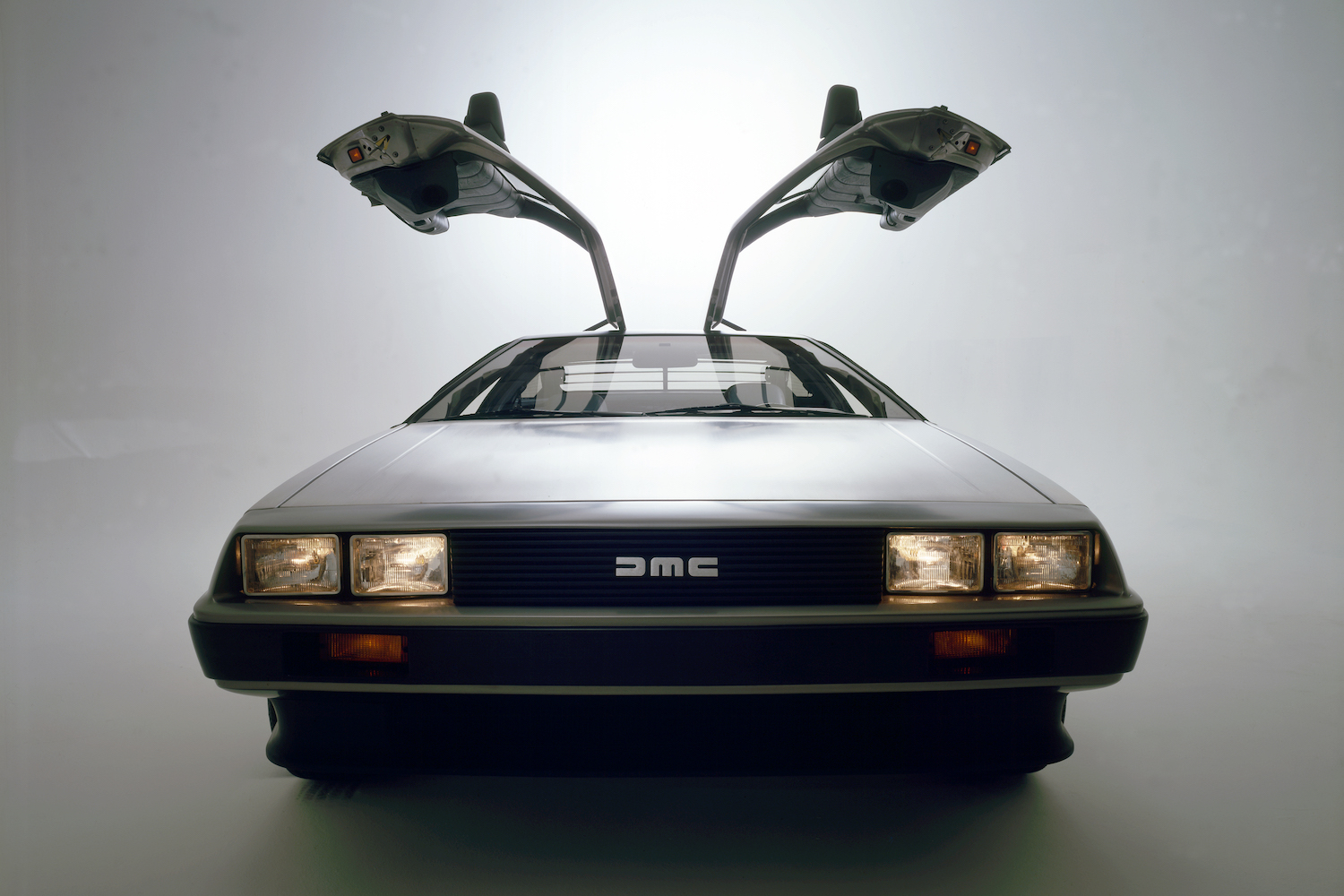
Espey anticipates strong demand for these newly built, more powerful DeLoreans. The original company built around 9000 cars, and almost all came to the U.S. He believes there are still 6000–6500 on the road.
The enormous popularity of the “Back to the Future” movie franchise turned what would otherwise have been another cult car into a pop-culture icon instead.
“The DeLorean appeals to ages eight to 80, thanks to those movies,” Espey says. “Someplace in the world right now, one of those movies is on. Somebody’s seeing it for the first time. They’ll go to the internet and look up DeLorean and see it’s a real car they can buy, not a movie prop.”
Espey hinted that DeLorean is also open to working with other manufacturers to license the brand for different kinds of vehicles and that an electric powertrain is something DMC would consider.
“If the right technology partner knocked on our door, we’d be interested in speaking,” he says.
Anyone with plans for a flux capacitor should get in touch.
Want to see inside DMC? Thanks to Google Places, you can.









